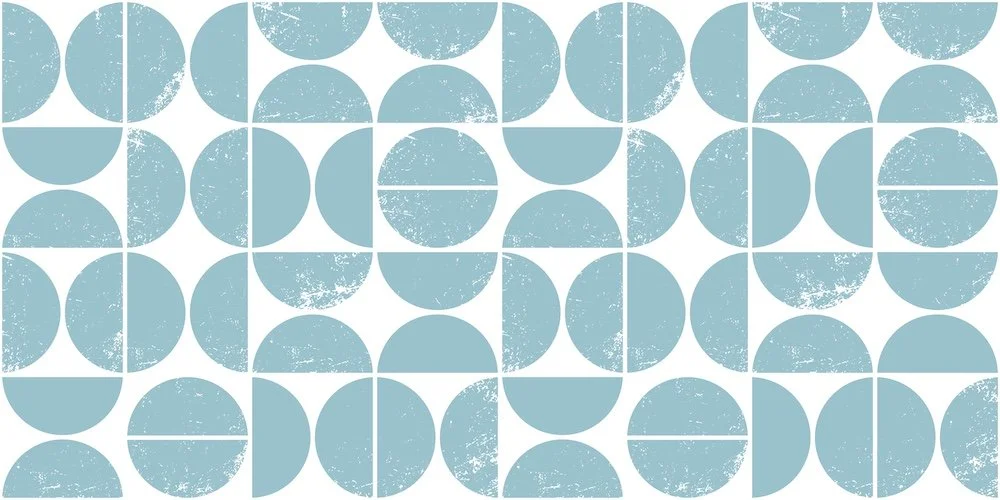Day 1: What is Conflict?
By: Sara Barnes
WHAT IS CONFLICT?
When people think about conflict, they usually think negatively. Our work is about moving conflict concepts away from the lose-lose mentality to a win-win one, where conflict becomes...
a problem to be solved
an opportunity
a time to learn
a gift
a journey
A thought: All human progress is grounded in conflict. The amazing advances of humans can be credited to our abilities as conflict resolvers.
If you’re stuck in a lose-lose mentality, consider our species’ history in resolving conflicts and making our lives better as we work together creatively.
DOES CONFLICT HAVE A PATTERN?
There are some predictable stages of a conflict:
STAGE ONE: Latent
Participants are not yet aware of the conflict. There may be hidden frustrations that may surface at any time. Some buried conflicts never find open air. Sometimes they come without warning.
STAGE TWO: Perceived and Felt
People may go through this stage simultaneously or at different times. Once aware that a conflict exists, individuals begin to feel stress, anxiety and/or hostility.
STAGE THREE: Conflict Approach
Each person involved in the dispute adopts an approach. These choices make a difference in what happens next.
STAGE FOUR: Stalemate or Negotiate
Depending on what strategy is used, the conflict will either move forward, negotiate toward an agreement, or shut down and a standoff will develop.
STAGE FIVE: Aftermath
This can range from a fully positive resolution to a relationship dissolution. In an ongoing relationship, the conflict can continue over and over in a conflict loop, unless it is resolved successfully.
WHAT CAN I DO ABOUT UNRESOLVED CONFLICTS?
Everyone has unresolved conflicts.
Take some time - either by yourself or with others - to inventory your conflicts that are in limbo.
Consider the following questions:
Is it important? To you? To the other person? What makes it important?
What conflict stage is your situation in?
Have you resolved a similar conflict before? What did you and/or the other person do?
If you look two days, two months, two years into the future, what would be your best hope about resolving this conflict?
What have you done so far?
Is the other person involved in trying to resolve it?
What would it look like from the other person’s point of view? How would they describe the conflict?
Humans tend to have a negative bias about challenges. Strong conflict resolvers build positive thinking muscles and work to see conflict as an opportunity to build relationships, improve their lives and learn something.
Turn on your positivity and happy resolving!
View the full 40 Days of Conflict Resolution at Home Newsletter here

